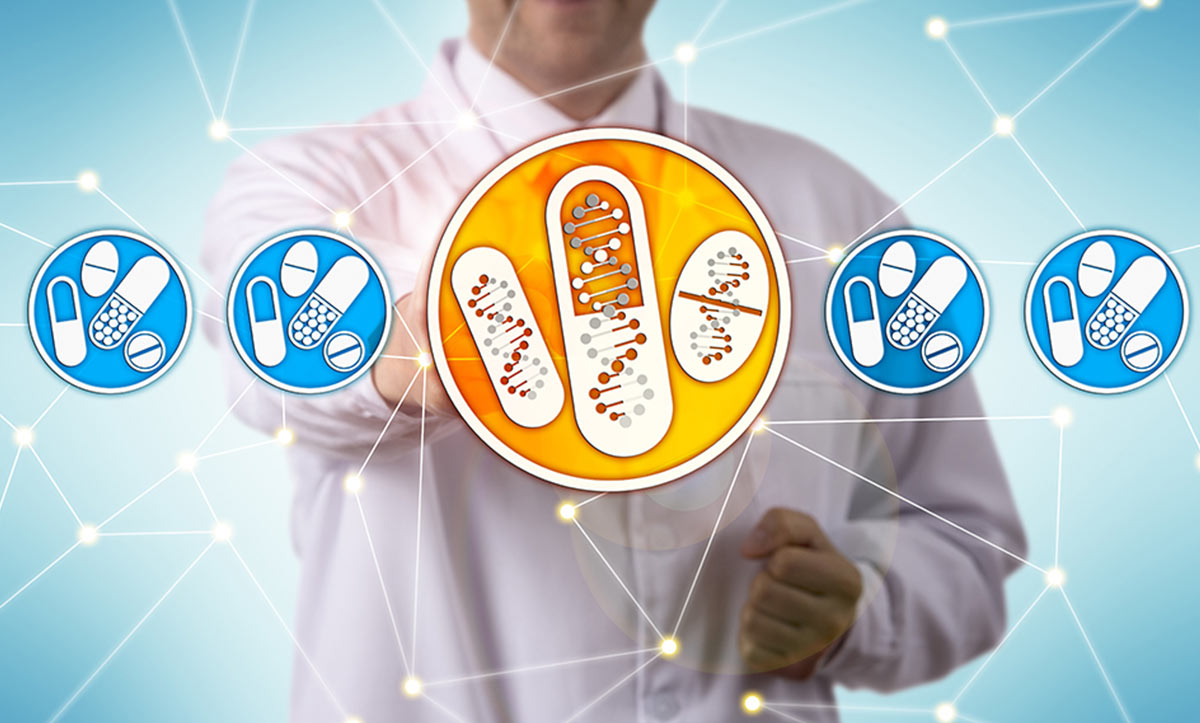
Preventing Adverse Drug Events With DNA
November 10, 2020To maximize the value of drug treatments while preventing harm, some facilities are looking to a novel approach: pharmacogenomics. Since every individual has a unique combination of enzymes that break down or interact with medications in the body, pharmacogenomics analyzes a resident’s DNA – taken with a simple Buccal swab – to determine patient-specific drug metabolism characteristics. And the benefits of this minimally invasive analysis can be significant.
The Promise of Pharmacogenomics
A 2014 Office of Inspector General (OIG) report revealed that one-third of skilled nursing facility residents were harmed by adverse or temporary–harm events within the first 35 days of a stay, and 37 percent of them were medication-related.
With pharmacogenomics, after the DNA analysis, the genomic makeup of a particular resident is evaluated against their prescription drugs, making care delivery safer and reducing facility risk through:
- Detection/prevention of potential Adverse Drug Events (ADEs)
- Identification of drug-to-drug interactions (DDIs)
- Proactive dose drug regimens to reach optimal therapeutic outcomes quickly
Rather than test every resident, this approach is most useful in residents who have a high probability of harm, such as those who are on high-risk medications, take multiple drugs, use antipsychotics/antidepressants, have a moderate to high fall risk, and who make frequent visits to the emergency room.
Driving Change
Pharmacogenetics is a powerful risk management tool for clinicians and facilities by enabling them to understand how each resident responds to medication. For example, one resident may take a medication in the morning but the gene that metabolizes it does not clear out the drug before the next dose, potentially leading to toxic levels and increased side effects.
Based on a resident’s pharmacogenetics profile, providers can switch to different substrates, dosages, or frequency, and make these time-sensitive determinations quickly rather than through a trial-and-error approach. In one study of nursing home residents conducted by Pro-GeneX, 27 percent of patients whose DNA was analyzed had at least one recommendation for a drug change and 38 percent had at least one for a dose adjustment.
These changes can result in greater efficacy and fewer medication to address side effects for current residents. A facility can also utilize outcomes reporting to predict resident response to medications and preemptively minimize the future risk of residents.
Interventions = Results
Once a facility has the individualized DNA results, it can use the data to make proactive interventions to ensure the safest, most effective medications for residents to reduce the likelihood of danger. And since fewer ADEs mean reduced readmissions, this step can lead to more referrals and higher census. By advancing care and improving outcomes, a facility can also improve its quality measures performance metrics and star ratings.
To learn about genomic testing available through PharMerica and how it can further the incorporation of personalized medication interventions at your facility, contact us at [email protected] or 855-637-1755.
